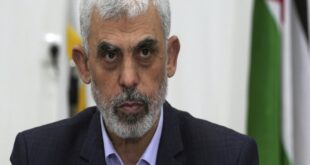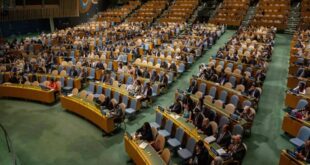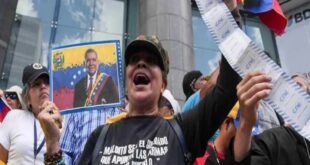
Banks are a special type of organisation. They take deposits and lend these funds to borrowers over long periods. It is pretty remarkable when you think about it. Banks make loans over many years, but you and I can withdraw the savings that banks use to fund the loans instantly.
For banks to operate this franchise model profitably, they essentially rely on two ingredients. First, they need to earn a profit by charging higher interest on long-term loans than they pay on short-term deposits. This model has come under severe strain in recent years. Owing to high inflation now and lower expected inflation in the next few years, many banks currently pay more for deposits and other funds than they earn on long-term loans and other assets. This makes the traditional banking model loss-making and raises questions about what the assets of some banks are worth if they had to be sold now.
Second, trust in the viability of a bank is vital. Banks are inherently unstable due to the mismatch in the duration of loans and deposits. They cannot liquidate their long-term assets quickly enough when many depositors withdraw at once. Even safe banks, with ample liquidity and capital, risk collapse when trust evaporates and depositors withdraw en masse.
It is important to remember that Credit Suisse is subject to more stringent regulations and oversight than other banks. Silicon Valley Bank was compliant with liquidity and capital regulations. In fact, SVB was well capitalised compared with many of its peers. However, when trust in the solvency of a bank goes, its franchise may crumble quickly, and depositors at other banks start worrying about the safety of their deposits.
This is by no means a repeat of the 2008 crisis. Regulations ensured banks, particularly the largest ones, have more capital and therefore greater ability to absorb losses than they did in 2008. Banks have also been stress-tested to withstand quite significant losses in the value of their loan portfolio.
In the US, Biden has assured voters that no taxpayer money would go to at-risk banks, but trust in the system relies on such support
Fortunately, regulators can address trust issues by providing large, potentially limitless, liquidity to solvent banks that have suffered from an erosion of trust. Over the weekend, the Federal Reserve and other US regulators did just that when they acted decisively in providing a large amount of liquidity to US banks.
However, I was less encouraged by the authorities’ insistence that this was not a bailout and that no taxpayers’ money was used. In situations where trust in banking comes under strain, bailouts are needed to prevent much worse and, if designed well, taxpayer money need not be at stake.
Recent events starkly contrast statements made by Mario Draghi about 10 years ago when he was head of the European Central Bank. During the euro crisis, which many feared might cause a breakup of the euro with catastrophic effects on the global financial system, Draghi declared that the central bank “is ready to do whatever it takes” and added “believe me, it will be enough”. His comments are widely credited with having ended the immediate financial crisis.
As this current crisis rattles on, a statement by global regulators that they are ready to do likewise to stem instability would be very welcome. While this will not be the last banking crisis and lessons must be learned, history also tells us that “whatever it takes” will restore trust and stability.
By Jens Hagendorff is professor of finance at King’s College London – Theguardian.com




 World Opinions Débats De Société, Questions, Opinions et Tribunes.. La Voix Des Sans-Voix | Alternative Média
World Opinions Débats De Société, Questions, Opinions et Tribunes.. La Voix Des Sans-Voix | Alternative Média




